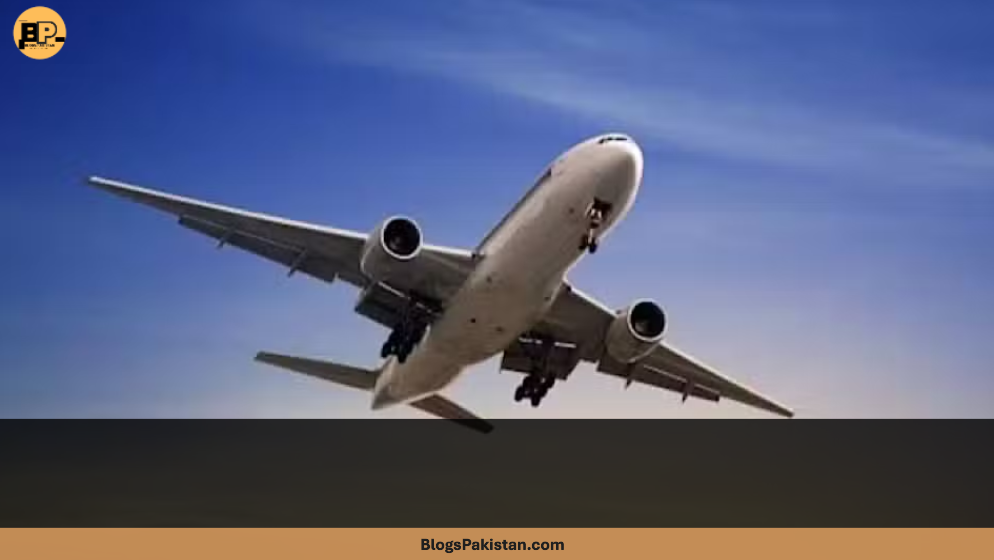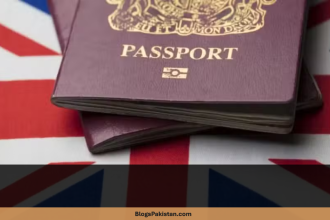Introduction: The Sky’s No Longer the Limit (for Pakistani Airlines!)
Ever had your travel plans ruined by bureaucracy? If you’re from Pakistan or have relatives there, the grounding of Pakistani airlines by the UK was probably as welcome as a missed connecting flight at Heathrow. But now, there is a twist in the tale! The United Kingdom has officially lifted its ban on Pakistani airlines, opening up the skies for smoother journeys, happier families, and, let’s be honest, far fewer frantic WhatsApp calls about layovers in Istanbul.
Let’s dig into why this ban existed, what changed, and why aunties in Lahore and cousins in London are suddenly booking flights with renewed enthusiasm.
The Backstory: Why Was There a Ban in the First Place?
To understand the excitement, you need to know why the UK clipped Pakistan’s wings in the first place. In 2020, following concerns about pilot licensing and overall aviation safety (remember those headlines about ‘fake pilot licenses’?), the UK placed Pakistani airlines on its Air Safety List. This meant no direct flights on Pakistani carriers to or from the UK—a real headache for the over 1.6 million strong Pakistani community in Britain and countless travelers heading either way.
So, for a few years, everyone had to opt for detours via Doha, Dubai, or Istanbul—great for airport coffee sales, not so much for sleep-deprived travelers.
What Changed? Years of Technical Collaboration Take Flight
After the grounding, it wasn’t just a matter of apologizing and promising to do better. The Pakistan Civil Aviation Authority (PCAA) and UK Air Safety Committee got to work, rolling up their sleeves for what could only be described as the aviation world’s equivalent of a gym transformation.
Through rigorous technical reviews, staff retraining, and improved compliance with international standards, Pakistan’s aviation sector began to rebuild trust. This wasn’t a one-week crash course; it took years of collaboration, audits, and honest-to-goodness paperwork.
The British High Commission in Islamabad announced that following an independent and technically-driven review, Pakistani airlines had finally met the international safety requirements. In short, they passed the test—with flying colors (pun intended).
The British High Commissioner’s Take
British High Commissioner Jane Marriott CMG OBE didn’t hold back her appreciation, noting the joint efforts and technical achievements that led to this decision. In her words, “While it will take time for flights to resume, once the logistics are in place, I look forward to using a Pakistani carrier when visiting family and friends.”
Translation: Not only is this a bureaucratic win, but it’s also a personal one for those who have always wanted to fly direct from Islamabad to London without playing musical chairs at foreign airports.
H2: What Does This Mean for Pakistani Expats and Travelers?
Let’s get real for a second. For the over 1.6 million Pakistanis settled in the UK, this is a huge deal. No more roundabout routes, no more exhausting layovers, and a return to the familiar charm (and sometimes chaos) of Pakistani carriers.
Families separated by thousands of miles can now look forward to easier reunions. British nationals in Pakistan—whether business people, diplomats, or adventure travelers on a quest for the perfect biryani—are also in for a smoother ride home.
H3: A Boost for Bilateral Trade and Tourism
The benefits go far beyond family WhatsApp groups buzzing with flight screenshots. The UK is Pakistan’s third-largest trading partner, with annual trade clocking in at a whopping £4.7 billion. Easier air connectivity means smoother business trips, more opportunities for trade delegations, and a potential uptick in bilateral investment.
Expect to see more businesspeople hopping between Karachi and London, and perhaps more British tourists exploring the mountains of northern Pakistan or the ancient streets of Lahore.
What’s Next? When Will Flights Resume?
Hold your horses (or boarding passes)! The skies may be open, but flights won’t resume overnight. Airlines need time to sort out logistics, update schedules, and make sure every safety box is ticked. Regulatory approvals, slot allocations, and a whole lot of behind-the-scenes work will take some weeks, perhaps months.
But the important thing is: the journey has begun, and soon you may be able to book that long-awaited direct flight on a Pakistani airline.
How Did Pakistan’s Aviation Industry Get Back on Track?
It wasn’t magic. The Pakistan Civil Aviation Authority worked closely with international partners, revamped its pilot licensing procedures, and invested in safety infrastructure and oversight. Regular audits, independent reviews, and a strong dose of accountability did the trick.
For the aviation geeks out there, this meant closer alignment with ICAO (International Civil Aviation Organization) standards and a much-needed upgrade to both technical and procedural aspects of the industry.
What Should Travelers Expect?
- Direct flights between Pakistan and the UK via Pakistani carriers (goodbye, six-hour layovers)
- Potentially more competitive airfares as Pakistani airlines re-enter the market
- Renewed confidence in Pakistan’s aviation safety standards
- An increase in demand—so book early, unless you like being #99 on the waiting list
The Wider Impact: Will Other Countries Follow?
With the UK showing confidence in Pakistani aviation, don’t be surprised if other countries (think EU, US, Canada) begin reviewing their own restrictions. If Pakistan keeps up the momentum, the global map could open up for travelers and businesses alike.
Conclusion: Takeoff to a Brighter Future
The UK’s removal of Pakistani airlines from its Air Safety List is more than just a technical update—it’s a symbol of trust and progress. For families, businesspeople, and the aviation industry, it means hope, convenience, and new possibilities. So, next time you’re at the airport, keep an eye out—those green and white tails might just be landing on British soil very soon.










